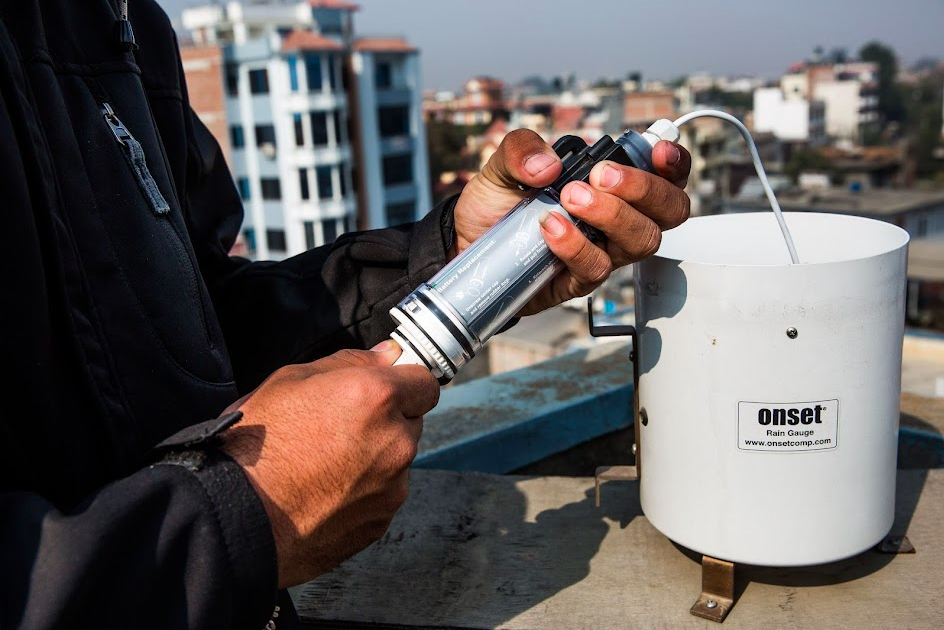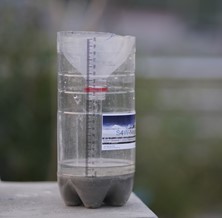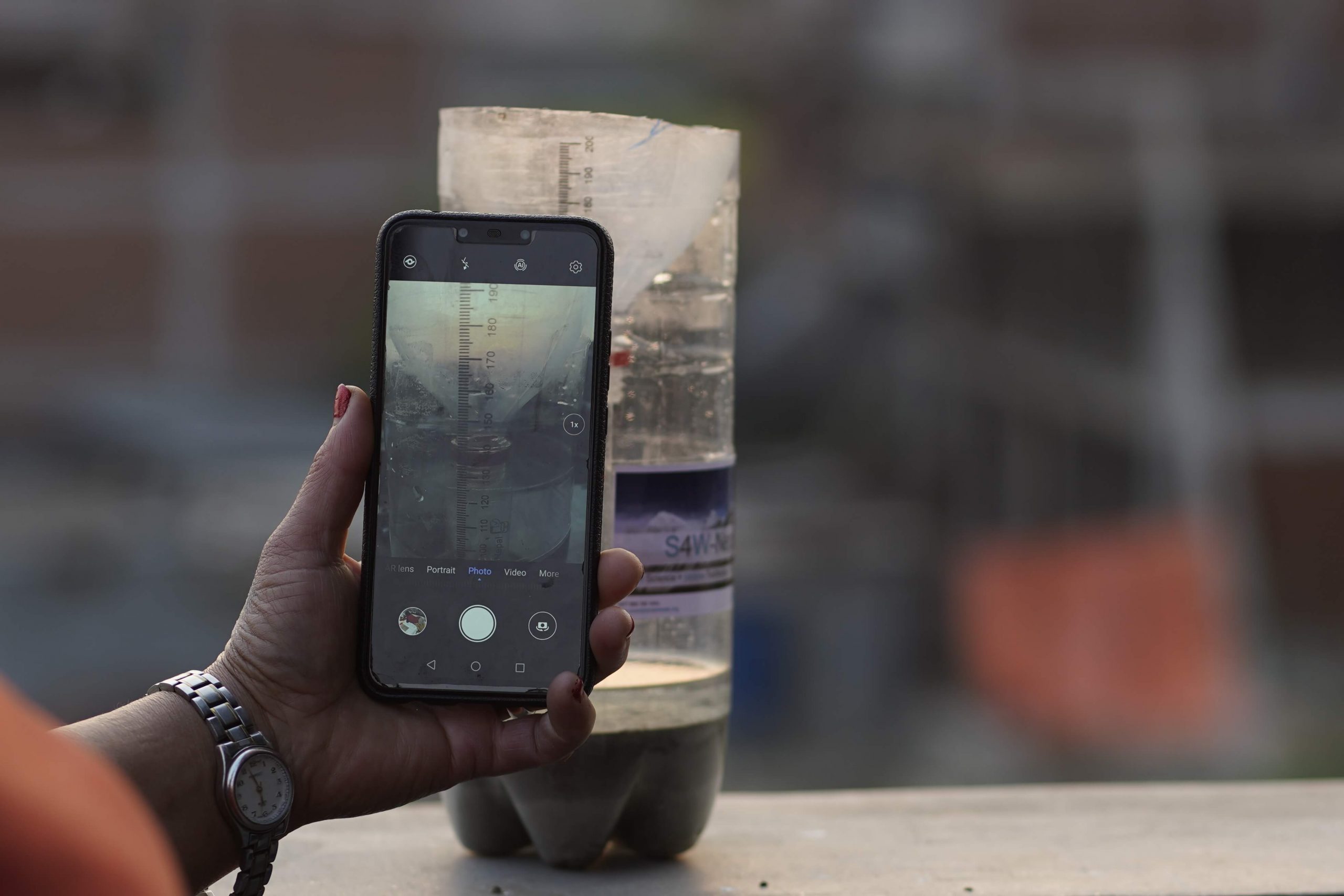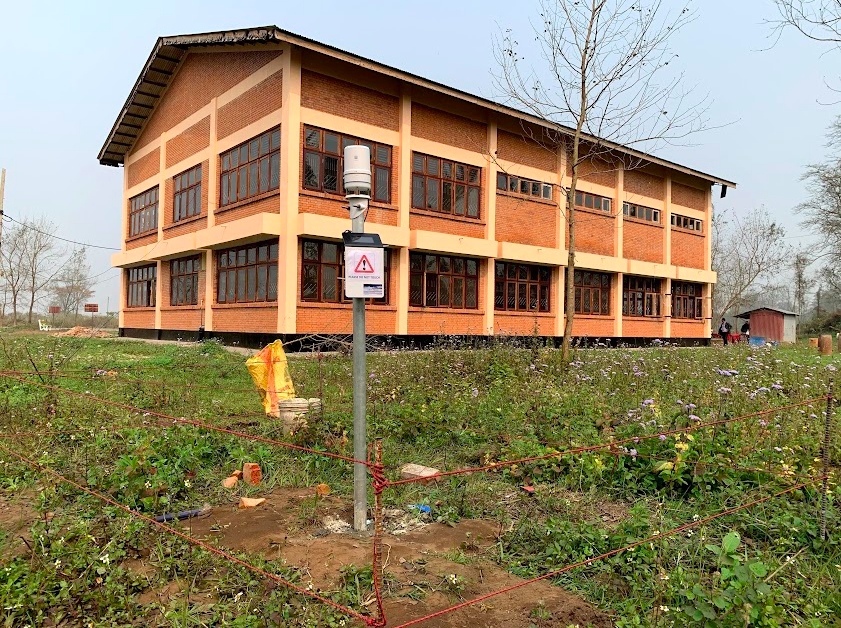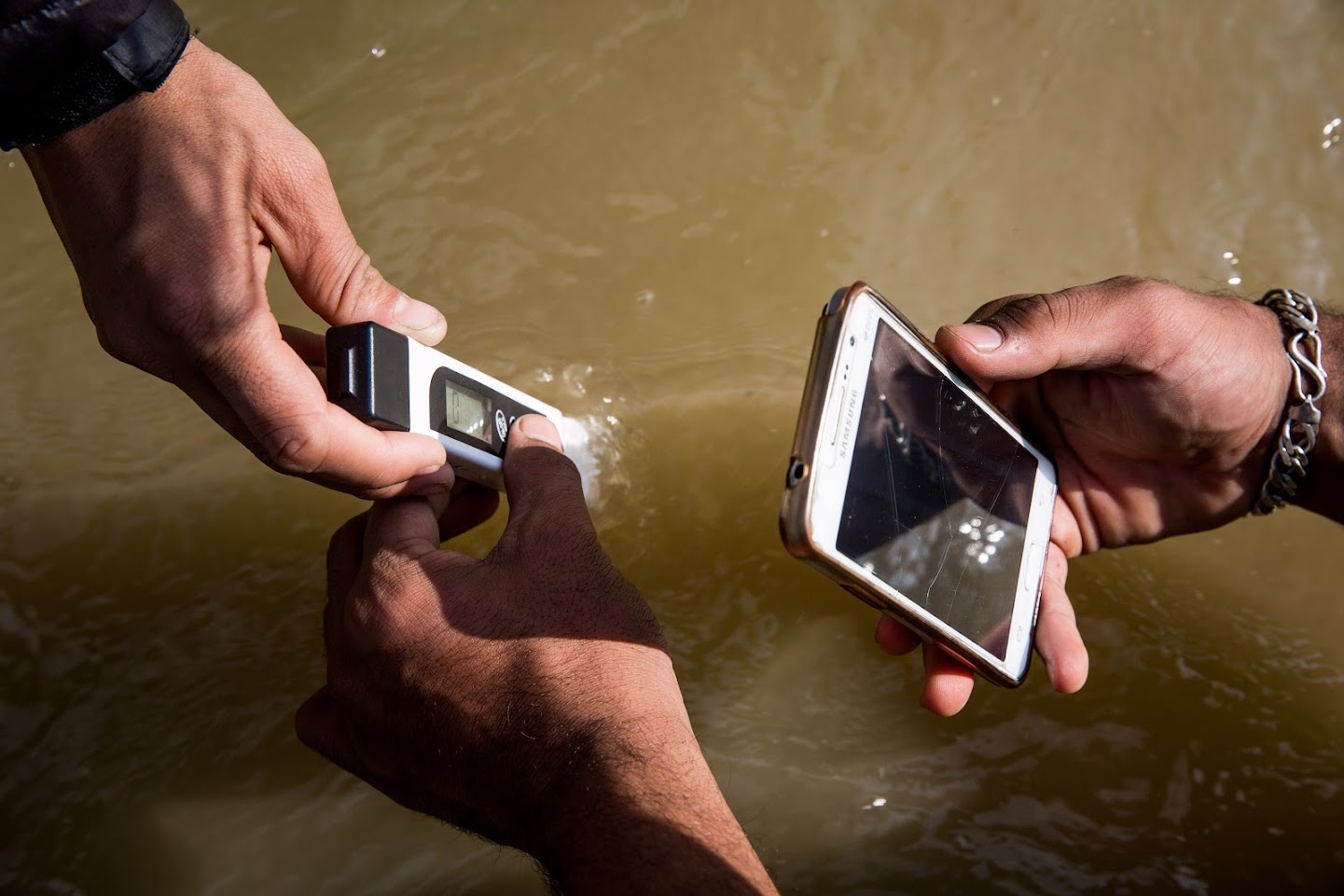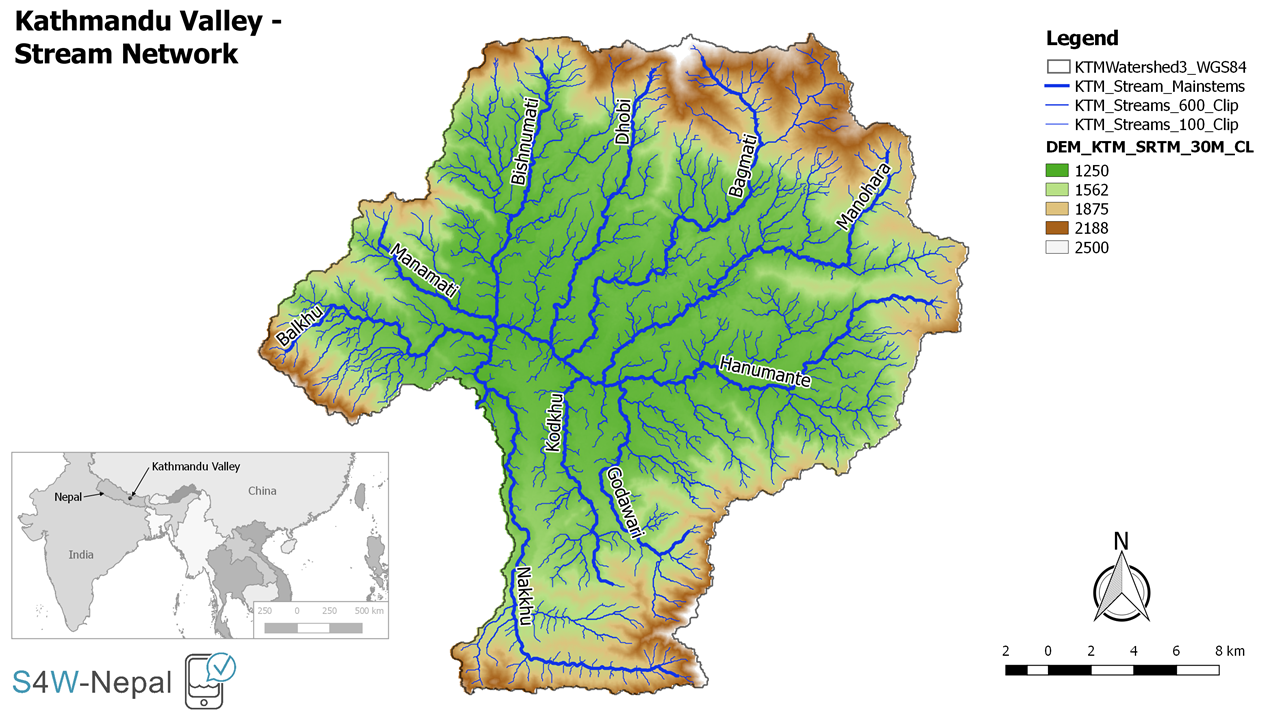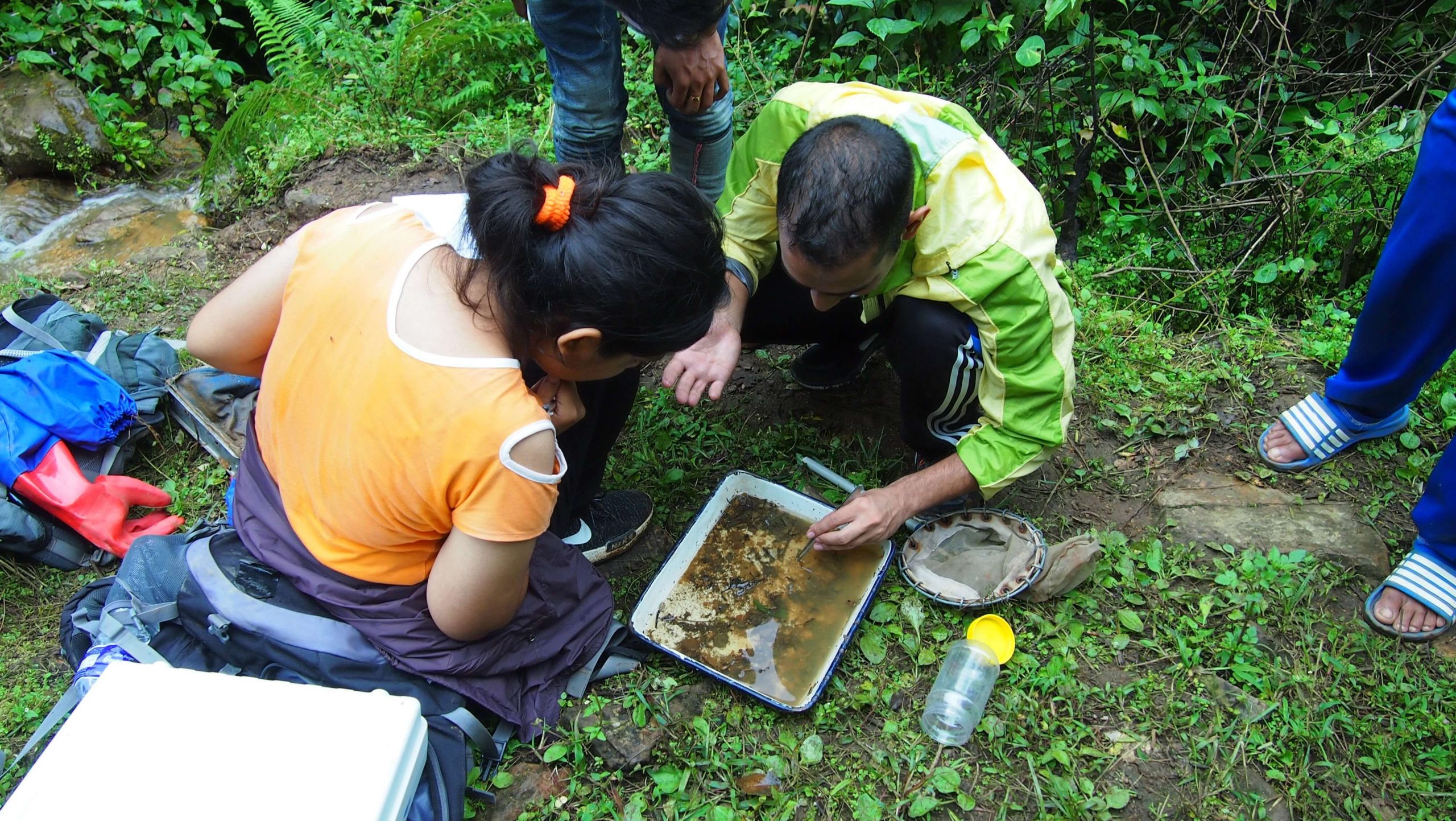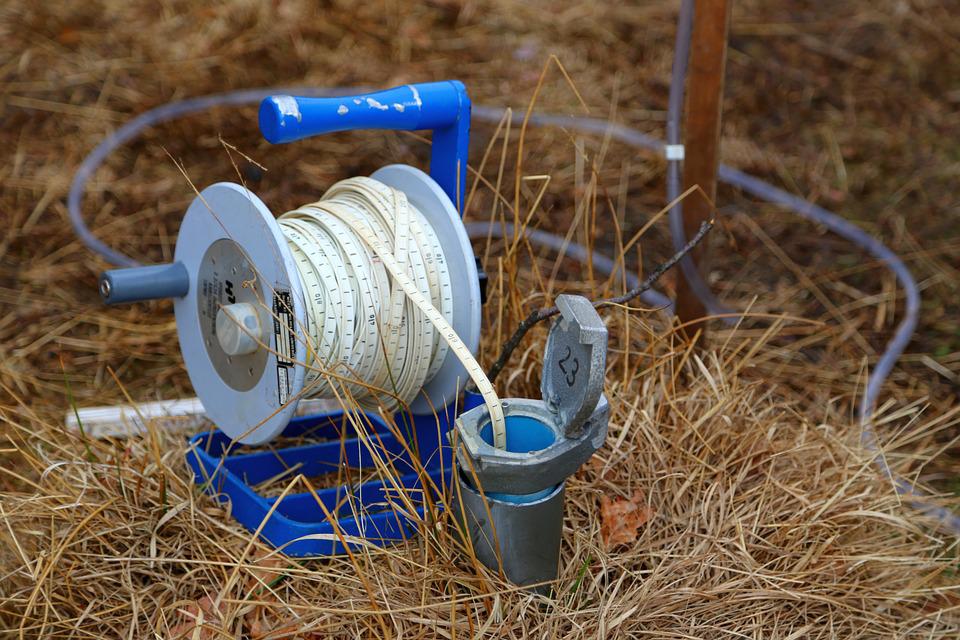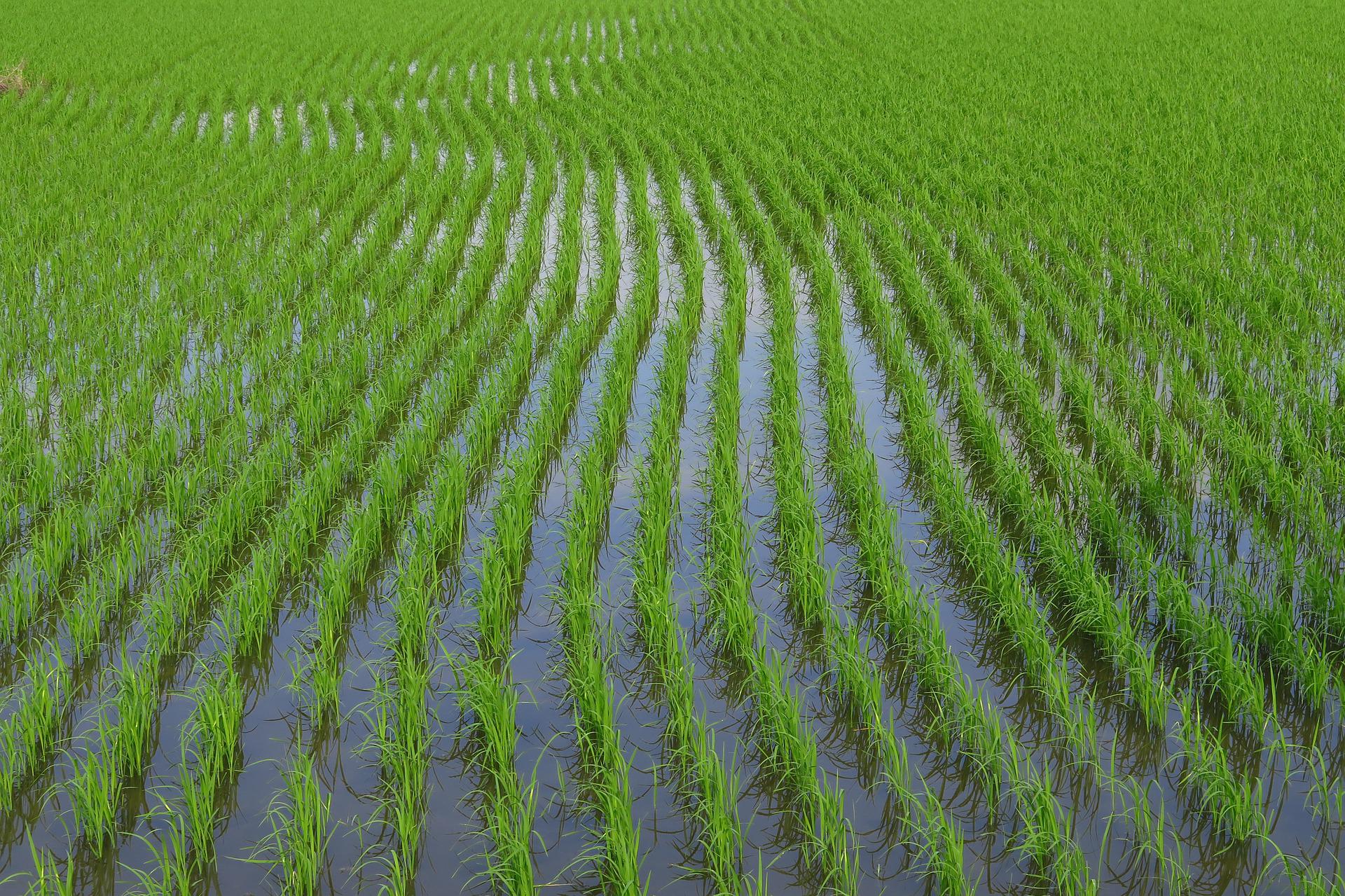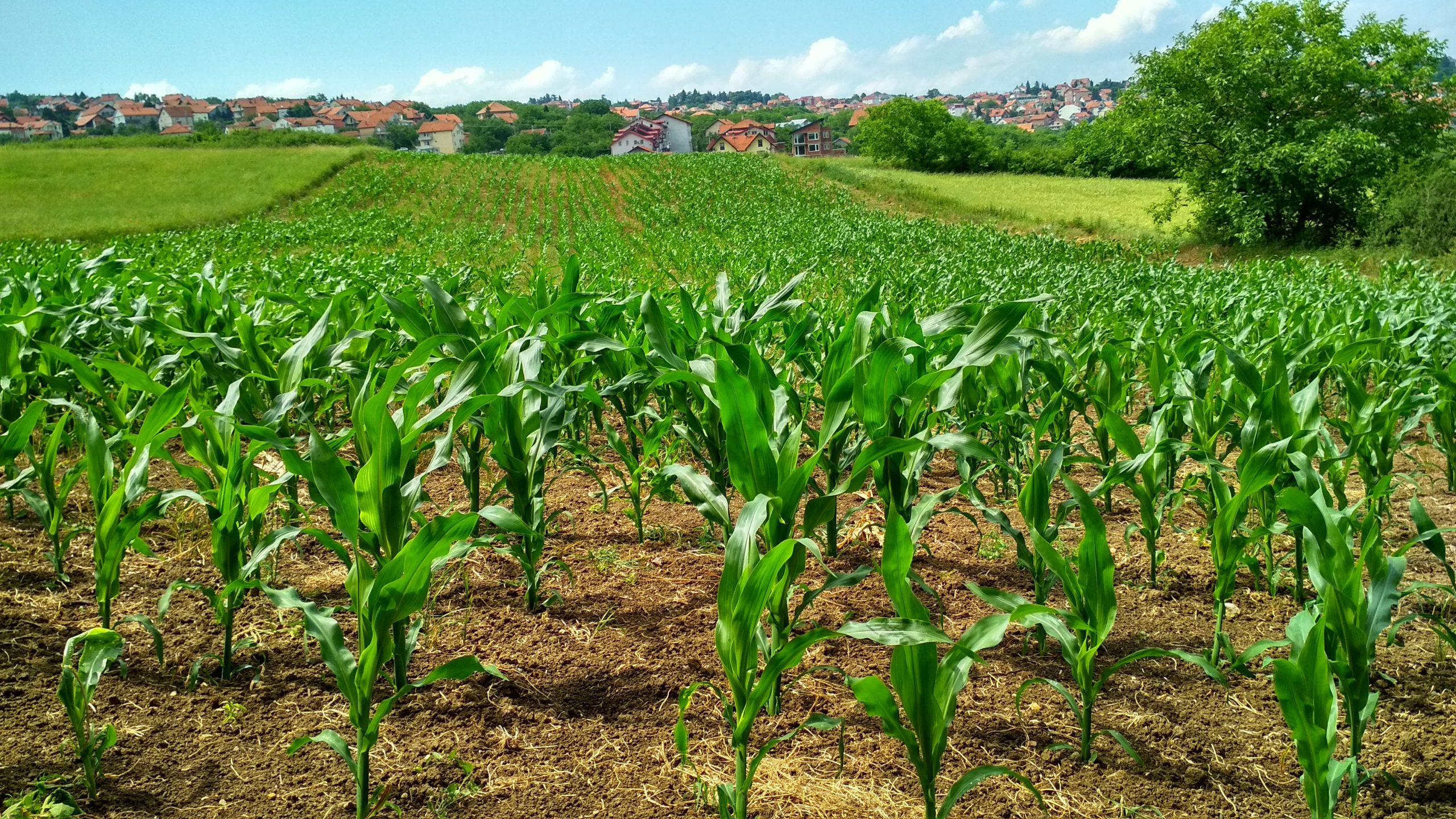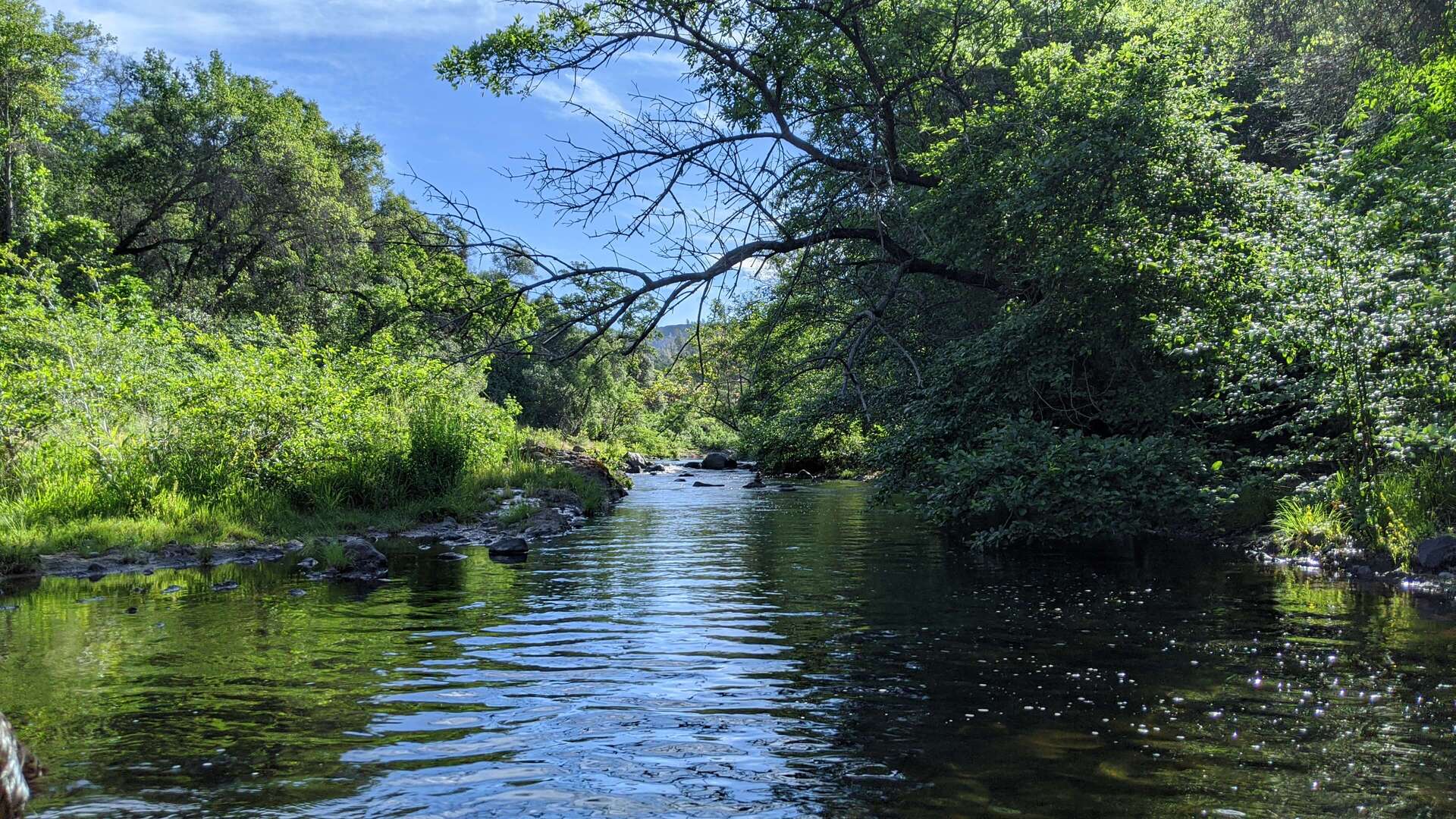
Research
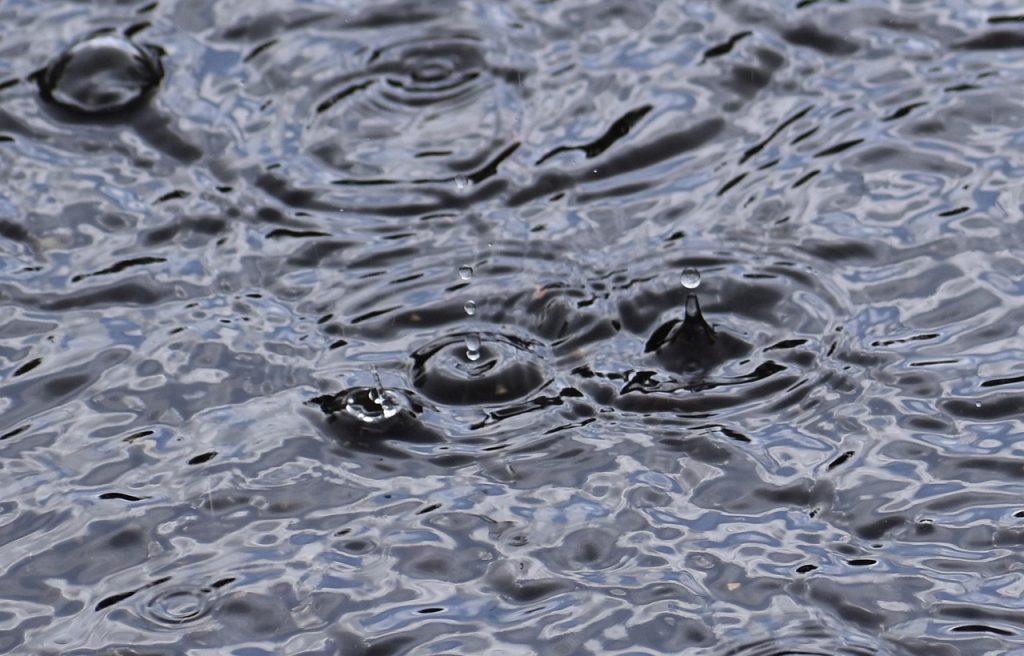
S4W Research
Rainfall
Rainfall is a key element of the hydrological cycle; without its continued replenishment, freshwater resources would become scarce.
Rainfall is an integral part of the hydrologic cycle. It is the source of all of the water that we, as people, and our natural environment and ecosystems need to survive and thrive. Increasing water demand, haphazard urbanization, and poor characterization of the rainfall patterns have hindered effective planning and management practices related to water. Hence, in this regard, what we need most right now is an effective way to improve our understanding of rainfall patterns over space and time and spread the word to the appropriate stakeholders.
S4W Research
Surface Water
The extent of surface waters also represents the extent of habitat—a key aspect of biological condition.
The importance of measuring streamflow is underpinned by the reality that it is the only truly integrated representation of the entire catchment that we can plainly observe. The measurement of streamflow is very critical as it provides vital information for environmental monitoring issues connected to water resources. Streamflow monitoring provides data needed for water allocation for human and environmental needs and managing hydrologic extremes such as droughts and floods.
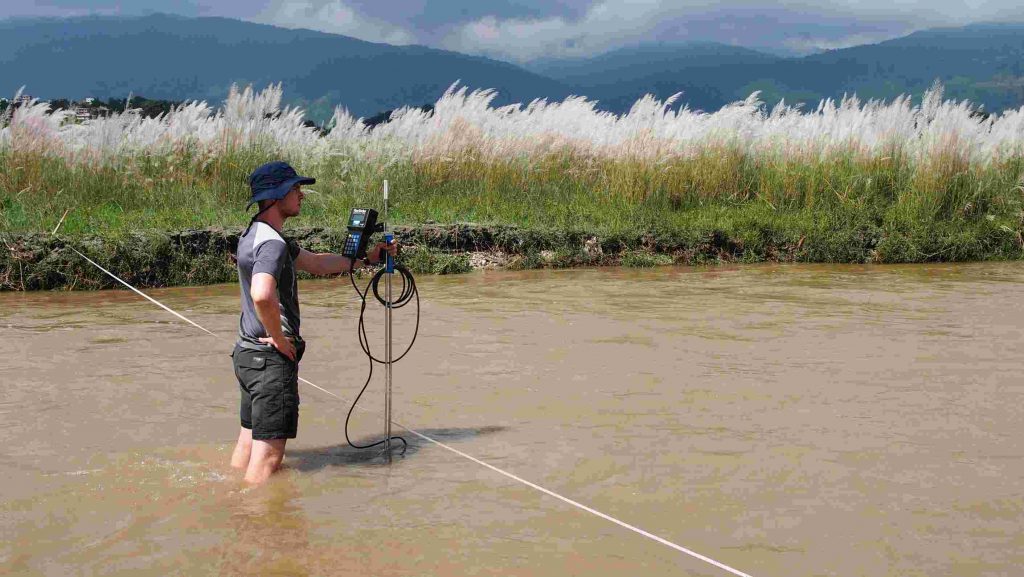
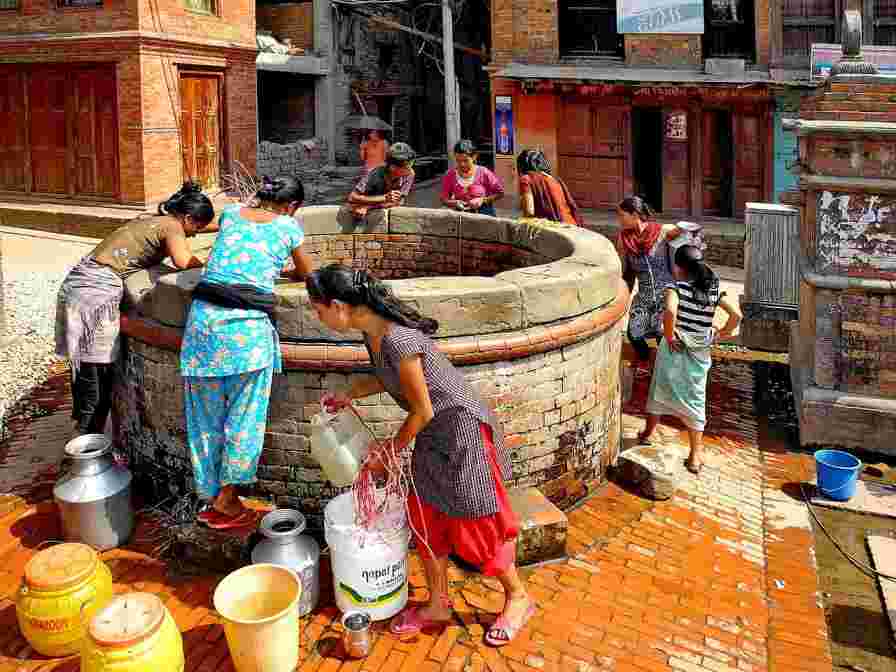
S4W Research
Groundwater
Conserving groundwater is paramount for sustaining both global human civilizations and ecosystems.
Groundwater represents about 30% of the world’s freshwater. From the other 70%, nearly 69% is captured in the ice caps and mountain snow/glaciers and merely 1% is found in rivers and lakes. Groundwater counts on average for one-third of the freshwater consumed by humans, but in some parts of the world, this percentage can reach up to 100%. The most important thing about using groundwater is to find the right balance between withdrawing and letting the aquifer’s level recover to avoid both overexploitation and pollution of this crucial resource.
S4W Research
Land-use
Look after the land and the land will look after you, destroy the land and it will destroy you.
The land is a pivotal resource supporting the global terrestrial ecosystems and the well-being of human beings. At present, unsustainable land-use practices have become widespread owing to socio-economic development, which has adverse impacts on society and the environment. The alteration in the land-use patterns has direct impact on water resources. Therefore, there is a dire need for a transformative change to understand and confront the prevailing unsustainable land-use practices.

Your investment can make a difference
Consider making a tax-deductible donation to S4W (a U.S.-based 501(c)(3) non-profit)
via our new S4W CrowdRise page. Your donation will help employ over 500 local citizen
scientists to generate critical water data in the different countries of
Asia, Africa, North America, and Europe.


